Shields Environmental modern slavery statement 2024
Shields Environmental is beginning to take steps to ensure that slavery and human trafficking is not taking place in our supply chains or in any part of our business and operations. In accordance with Section 54, Part 6 of the Modern Slavery Act 2015, this statement is intended to demonstrate the existing protections which Shields environmental have against slavery and human trafficking in our supply chains/operations and also to serve as a commitment to bring about further protections in the coming years.
The modern slavery act requires commercial organisations supplying goods or services with a turnover of more than £36 million to prepare and publish an annual ‘Slavery and human trafficking statement’. The statement must set out the steps an organisation has taken, if any, during its financial year to ensure that slavery or human trafficking is not taking place in its business or supply chain.
Modern slavery is an international crime, affecting millions of people around the world – a growing global issue that transcends age, gender and ethnicities. Sadly, vulnerable people from overseas as well as across the UK, are forced to work illegally and against their will.
Shields Environmental operates directly in multiple locations within 6 countries, those being the UK, France, Spain, United States, Netherlands and South Africa. Of these countries, only South Africa is outside the lowest risk quintile for vulnerability to modern slavery according to the GSI (Global slavery index). The GSI has rated South Africa at a 52/100 for vulnerability to modern slavery, which despite being below average for the region, is representative of a greater vulnerability than the global average. Shields operations in South Africa also involves the distribution of products/services into neighbouring countries which have even greater prevalence and vulnerability to modern slavery, so it is worth noting that in the absence of a formal modern slavery risk assessment (which has not currently been carried out), Shields is aware that it’s operations within this region constitute the greatest risk of exposure within its global operations. Shields has not currently conducted additional due diligence to ensure the elimination of modern slavery and human trafficking within its operations in South Africa, however going forward, this is worth considering due to the greater vulnerability within the region.
Existing policies:
– Employment practices: Shields has recruitment criteria in place to verify the identity, age, and eligibility to work in the jurisdiction the person will be employed in. Shields does not employ subcontractors, which gives our organisation full visibility of recruitment criteria of all employees hired directly.
– Supply chain risks and mitigation: Regarding mitigation of supply chain risks, Shields has a supplier code of conduct in place and training is provided to personnel regarding screening prospective suppliers, including on practices in relation to human rights. This training (currently delivered to procurement personnel only), was developed in accordance with the UK Government Guidelines, specifically the briefing notes published by gov.uk. – Partners: The majority of Shields key partners such as the Vodafone Group plc have more developed modern slavery risk assessment and mitigation systems in place, therefore Shields have a degree of confidence that our core business operations already have some protections in place against exposure to modern slavery, despite the organisations own commitments in this regard only being in their infancy.
Next steps:
– Shields has not currently conducted a formal risk assessment against exposure to modern slavery and human trafficking in its operations.
– Shields currently has no formalised system of measuring or tracking data in relation to modern slavery risk exposure, nor are there any KPI’s in place to assess progress made in mitigating potential exposure to risks.
– Shields does not currently have a formalised anti-slavery policy statement for staff to reference if required. Such a policy will be considered for the future.
– Shields has yet to assess the exposure to risks outside of its direct operations and further back in the supply chain, at least, not beyond the remit of the existing code of conduct and prospective supplier screening process.
– As part of Shields ongoing commitment against modern slavery and human trafficking, the organisation will consider implementing further due diligence in our supply chain to identify, assess, and manage modern slavery risks.
